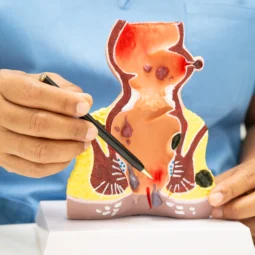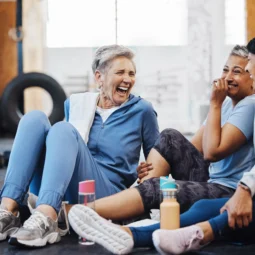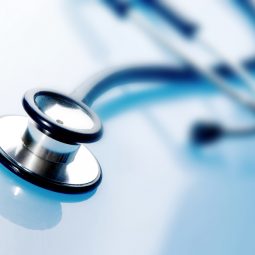
Q: What is HPV, and why should I vaccinate my child against it?
Human papillomavirus, or HPV, is a highly contagious virus that spreads through sexual contact. It’s the leading cause of six types of cancer, as well as genital warts. According to the Centers for Disease Control and Prevention (CDC), it eventually infects nearly all sexually active men and women.
Why vaccinate children against HPV? For the same reasons that we vaccinate them against other diseases: to protect them from future harm. The CDC recommends vaccinating boys and girls against HPV at age 11 or 12.
Q: What are the pros for the vaccine? Can it really prevent cancer?
Yes, it can and it does prevent cancer. HPV is believed to cause:
- More than 90% of cervical cancers
- More than 90% of anal cancers
- About 70% of vaginal cancers
- About 70% of vulval cancers
- More than 50% of cancers of the penis
- About 70% of cancers of the back of the throat (oropharyngeal cancers)
The current vaccine is nearly 100% effective in preventing the infections that cause these cancers, as well as genital warts. It’s a really good vaccine.
Q: What are the cons? Are there any risks?
Kids tell us that this vaccine does sting more than the others. But to date, it has not been associated with serious side effects. Minor side effects might include muscle soreness or fainting. When compared to 35,000 preventable cancers in the U.S. every year, getting the vaccine is far safer than not getting it.
Q: Why vaccinate so young, before kids are even thinking about dating?
The CDC says it best: to make sure that your children are protected from cancer-causing infections long before they ever might be exposed to them.
From a practical standpoint, it’s also more convenient to group HPV with the other routine vaccinations — Tdap and meningococcal — that are due at 11. And at this age, kids’ immune responses are stronger, so they’ll need only two doses (6-12 months apart) instead of three doses if they wait until they’re 15 or older.
Q: Why not wait until my kids are adults and let them make their own decisions about it?
As parents, we want to offer our children as much safety and protection as we can. We make the decisions about all of their other vaccinations, because we want to protect them from preventable diseases like measles, whooping cough and meningitis.
This vaccine prevents cancer. As the person who is in charge of your children’s safety, you can make sure they’re protected for life.
If you have questions about the HPV vaccine, please schedule an appointment with a provider in our pediatrics department.


